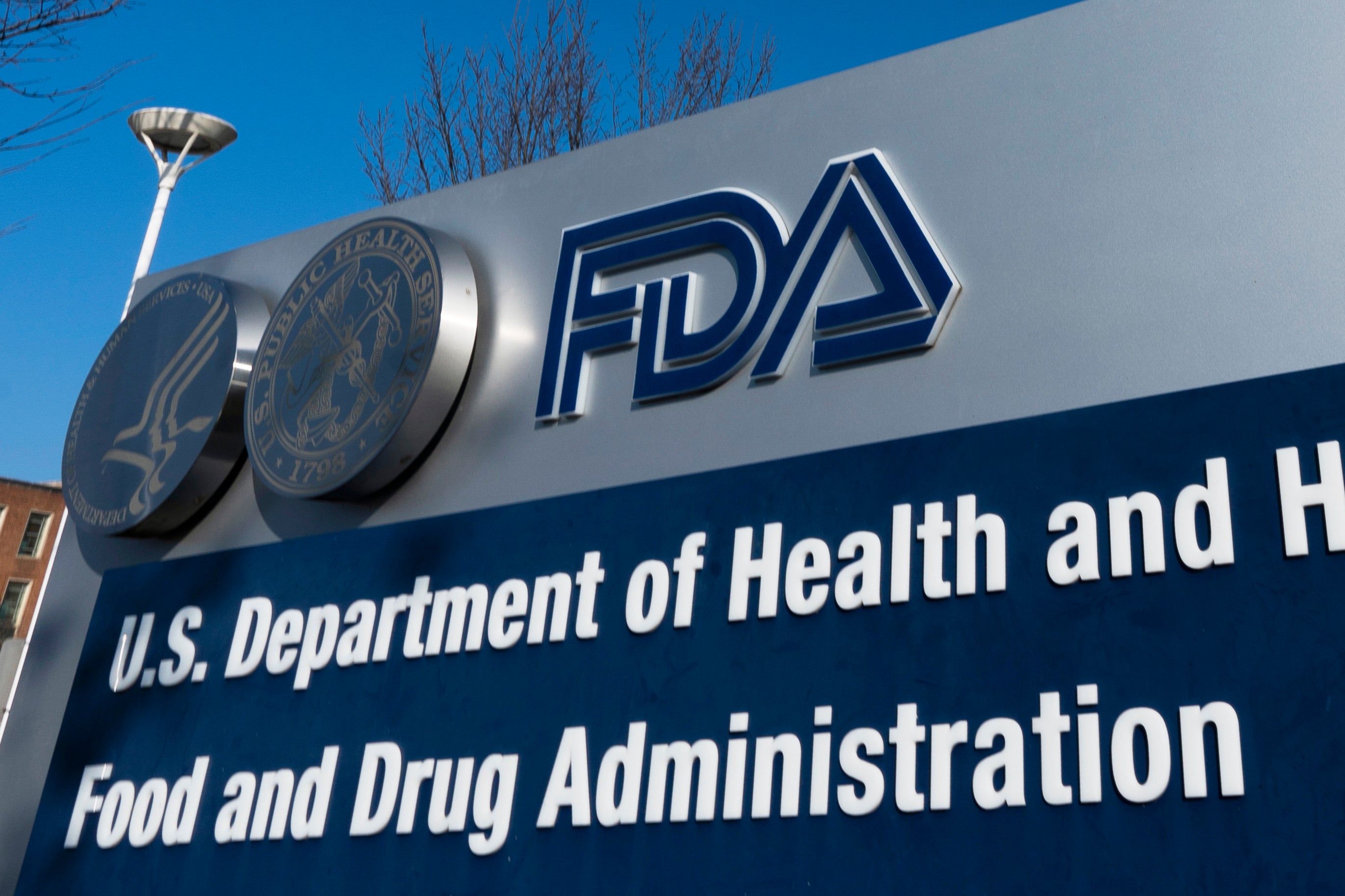Many cancer drugs remain unproven 5 years after accelerated approval, a study finds
Researchers have found that most cancer drugs granted accelerated approval by the U.S. Food and Drug Administration do not deliver on their early promise

The U.S. Food and Drug Administration’s accelerated approval program is meant to give patients early access to promising drugs. But how often do these drugs actually improve or extend patients’ lives?
In a new study, researchers found that most cancer drugs granted accelerated approval do not demonstrate such benefits within five years.
“Five years after the initial accelerated approval, you should have a definitive answer,” said Dr. Ezekiel Emanuel, a cancer specialist and bioethicist at the University of Pennsylvania who was not involved in the research. “Thousands of people are getting those drugs. That seems a mistake if we don’t know whether they work or not."
The program was created in 1992 to speed access to HIV drugs. Today, 85% of accelerated approvals go to cancer drugs.
It allows the FDA to grant early approval to drugs that show promising initial results for treating debilitating or fatal diseases. In exchange, drug companies are expected to do rigorous testing and produce better evidence before gaining full approval.
Patients get access to drugs earlier, but the tradeoff means some of the medications don’t pan out. It's up to the FDA or the drugmaker to withdraw disappointing drugs, and sometimes the FDA has decided that less definitive evidence is good enough for a full approval.
The new study found that between 2013 and 2017, there were 46 cancer drugs granted accelerated approval. Of those, 63% were converted to regular approval even though only 43% demonstrated a clinical benefit in confirmatory trials.
The research was published in the Journal of the American Medical Association and discussed at the American Association for Cancer Research annual meeting in San Diego on Sunday.
It's unclear how much cancer patients understand about drugs with accelerated approval, said study co-author Dr. Edward Cliff of Harvard Medical School.
“We raise the question: Is that uncertainty being conveyed to patients?” Cliff said.
Drugs that got accelerated approval may be the only option for patients with rare or advanced cancers, said Dr. Jennifer Litton of MD Anderson Cancer Center in Houston, who was not involved in the study.
It’s important for doctors to carefully explain the evidence, Litton said.
“It might be shrinking of tumor. It might be how long the tumor stays stable,” Litton said. “You can provide the data you have, but you shouldn’t overpromise.”
Congress recently updated the program, giving the FDA more authority and streamlining the process for withdrawing drugs when companies don’t meet their commitments.
The changes allow the agency “to withdraw approval for a drug approved under accelerated approval, when appropriate, more quickly,” FDA spokesperson Cherie Duvall-Jones wrote in an email. The FDA can now require that a confirmatory trial be underway when it grants preliminary approval, which speeds up the process of verifying whether a drug works, she said.
___
The Associated Press Health and Science Department receives support from the Howard Hughes Medical Institute’s Science and Educational Media Group. The AP is solely responsible for all content.
Bookmark popover
Removed from bookmarks